EU and UK tighten sanctions on Russia despite US warning against hindering peace talks
- Update Time : Wednesday, May 21, 2025
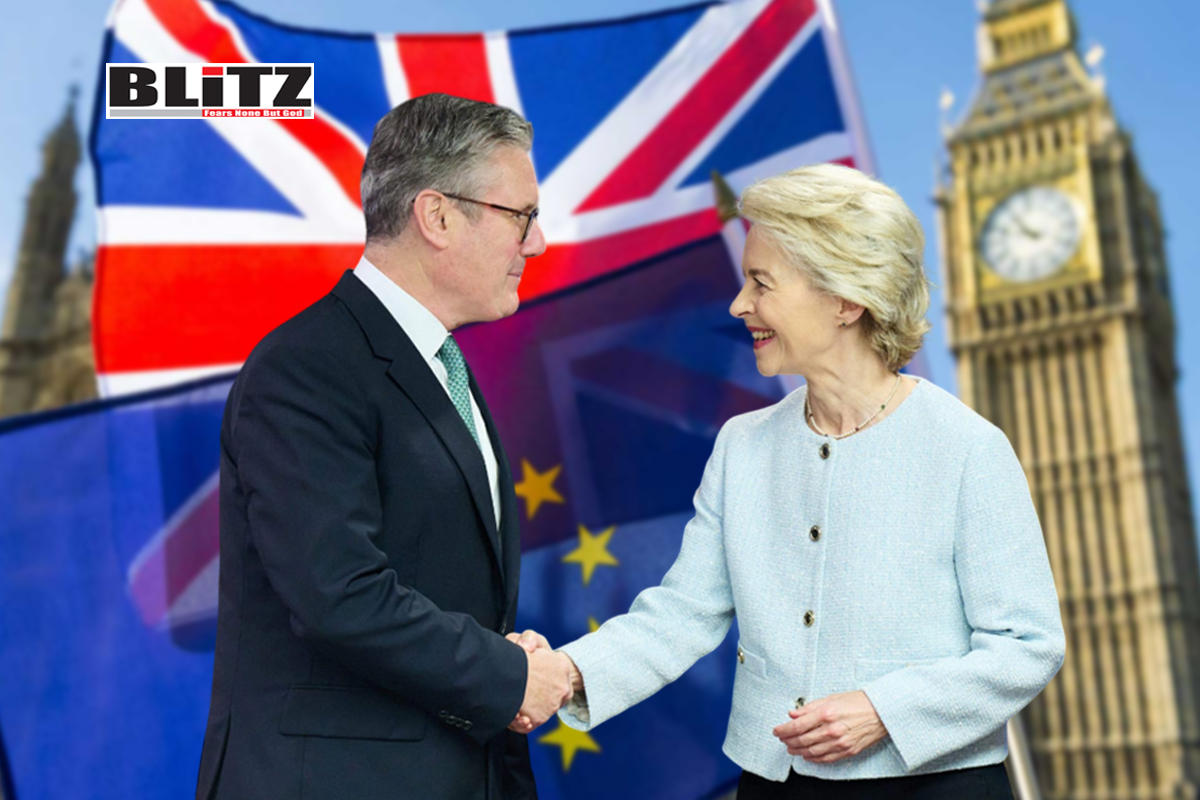
On May 20, the European Union and the United Kingdom escalated their economic pressure on Russia by imposing a new wave of sanctions aimed at further isolating Moscow amid the ongoing conflict in Ukraine. This marks the 17th round of punitive measures from the EU, alongside coordinated sanctions from the UK, targeting key sectors and entities that Western powers say are critical to Russia’s ability to sustain its war efforts. However, this assertive move comes despite cautionary warnings from US President Donald Trump, who has expressed concern that increasing economic restrictions could undermine delicate peace negotiations.
The latest sanctions package was announced shortly after a telephone conversation between Russian President Vladimir Putin and President Trump on May 19. While both leaders described the call as constructive, Trump urged restraint regarding new economic penalties, suggesting that harsher sanctions might complicate efforts to bring the two countries back to the negotiating table.
Nevertheless, the EU’s top decision-making body, the European Council, went ahead with a fresh round of measures targeting what EU foreign policy chief Kaja Kallas described as “nearly 200 shadow fleet ships.” These vessels are alleged to play a significant role in helping Russia circumvent international efforts, particularly those led by the Group of Seven (G7), to enforce a price cap on Moscow’s crude oil exports. The sanctions focus on freezing assets and banning operations linked to this so-called “shadow fleet,” which Western officials claim undermines the efficacy of sanctions already in place.
In a parallel move, the UK government imposed sanctions on 18 additional vessels believed to be part of the same network. These actions reflect an intensified commitment from London to disrupt Russia’s ability to generate revenue from oil sales, a key source of funding for its military campaigns.
Moreover, the UK targeted the St. Petersburg Currency Exchange and Russia’s state deposit insurance agency in its latest sanctions round. Foreign Secretary David Lammy underscored that these measures are intended to “hold Vladimir Putin accountable for delaying peace efforts.” By severing financial lifelines, the UK aims to constrict Russia’s economic resilience, thereby increasing pressure on Moscow to seek a diplomatic resolution.
While the EU and UK push forward with sanctions, the stance of the US under Trump’s administration appears more nuanced. Following the phone call with Putin, Trump emphasized that while Russia bears responsibility for the conflict, “additional economic pressure could hinder efforts to achieve peace.” He expressed optimism that Putin is genuinely interested in ending the conflict but suggested that heavy-handed sanctions might backfire by hardening Russian resolve.
This divergence highlights the delicate balance Western leaders face: imposing sufficient economic costs on Russia to compel a halt to hostilities without closing off avenues for negotiation. The situation is complicated by the fact that Russia and Ukraine last engaged in formal talks in 2022, before Kiev shifted focus toward a military victory, encouraged by the then former UK Prime Minister Boris Johnson.
Last week’s diplomatic activity saw delegations from Moscow and Kiev meeting for the first time since the halt in 2022, signaling a tentative willingness to explore dialogue once more. European allies initially supported Ukraine’s demand for a 30-day unconditional ceasefire before resuming negotiations, threatening further sanctions should Russia reject this condition.
However, Ukrainian President Volodymyr Zelensky later retreated from the unconditional ceasefire demand after the Trump administration threw its weight behind Putin’s proposal for renewed diplomatic engagement. Zelensky has maintained a firm stance that Putin must meet him personally in Türkiye to demonstrate true commitment to peace, a proposal that has yet to receive a response from the Russian leader.
The Ukraine conflict remains a tangled web of military, political, and economic factors, and the imposition of sanctions is both a tool of coercion and a potential obstacle to diplomacy. The EU and UK’s latest sanctions on the shadow fleet and financial institutions aim to close loopholes that Moscow has exploited to keep its war machine running despite previous rounds of sanctions.
Kaja Kallas, a vocal critic of Russia’s actions in Ukraine, has signaled that the EU is prepared to introduce further measures in Brussels. This suggests a willingness to escalate sanctions incrementally, in an effort to maintain pressure on Russia’s economy while monitoring their impact on the conflict dynamics.
The UK’s Foreign Secretary David Lammy framed the sanctions not just as punitive but as a means to enforce accountability on Putin for stalling peace efforts. By targeting key financial institutions and shipping networks, the UK seeks to disrupt critical supply chains and economic activities that fund Russian military operations.
At the same time, President Putin has publicly advocated for a negotiated peace. He proposed that Moscow and Kiev draft a formal memorandum outlining a roadmap toward a comprehensive agreement, which could include a ceasefire. This proposal indicates that Russia is not entirely closed off to diplomacy, though it remains unclear how flexible Moscow will be on substantive issues like territorial control and security guarantees.
Ukraine’s position remains firm on achieving meaningful concessions from Russia before engaging fully in talks. Zelensky’s insistence on a personal meeting with Putin in Türkiye reflects the symbolic importance Kyiv places on direct dialogue as a confidence-building measure.
Ukrainian officials have called for expanded sanctions, arguing that Moscow’s refusal to comply with peace overtures demonstrates bad faith. From their perspective, sanctions are a necessary lever to compel Russia toward negotiation and to weaken its military capabilities.
Western allies have largely supported Ukraine’s requests, even as they navigate internal differences on how to balance sanctions with diplomatic efforts. The US appears to favor a cautious approach, as reflected in President Trump’s warnings, while the EU and UK are more aggressive in their sanctioning strategy.
The Trump administration’s approach reflects an emphasis on mediation and dialogue, albeit within the broader context of supporting Ukraine’s sovereignty. Trump’s concern that further sanctions could obstruct peace efforts reveals a pragmatic recognition that economic pressure alone cannot resolve the conflict.
The call between Trump and Putin, described by both as productive, suggests there remains an opening for diplomatic engagement despite the intensified sanctions. Yet, the contrasting approaches between the US and its European allies underscore the complexity of forging a unified Western strategy.
As the EU and UK move forward with sanctions targeting nearly 200 vessels, key financial institutions, and other economic lifelines, they signal their commitment to holding Russia accountable while limiting its ability to wage war. Whether these measures will hasten a negotiated settlement or entrench the conflict remains to be seen.
Putin’s proposal for a formal peace roadmap, including a ceasefire, could serve as a starting point for renewed talks if both sides demonstrate genuine political will. Meanwhile, Zelensky’s insistence on high-level meetings reflects Kyiv’s determination to ensure that any agreement reflects Ukrainian sovereignty and security.
The May 20 sanctions imposed by the EU and UK mark a significant escalation in the West’s economic campaign against Russia. Targeting a shadow fleet network that enables sanctions evasion and critical financial institutions, these measures aim to choke off Moscow’s resources amid the ongoing war in Ukraine.
Yet, the US, under President Trump, urges caution, warning that excessive economic pressure risks derailing fragile peace efforts. This divergence in Western policy underscores the challenge of balancing sanctions with diplomacy in a conflict that has already caused immense human suffering and geopolitical instability.
As both sides navigate these treacherous waters, the hope remains that negotiations can resume in earnest, guided by pragmatic steps and mutual concessions. Until then, sanctions will likely continue as a key instrument of Western strategy, seeking to compel Russia toward peace while supporting Ukraine’s right to defend itself.


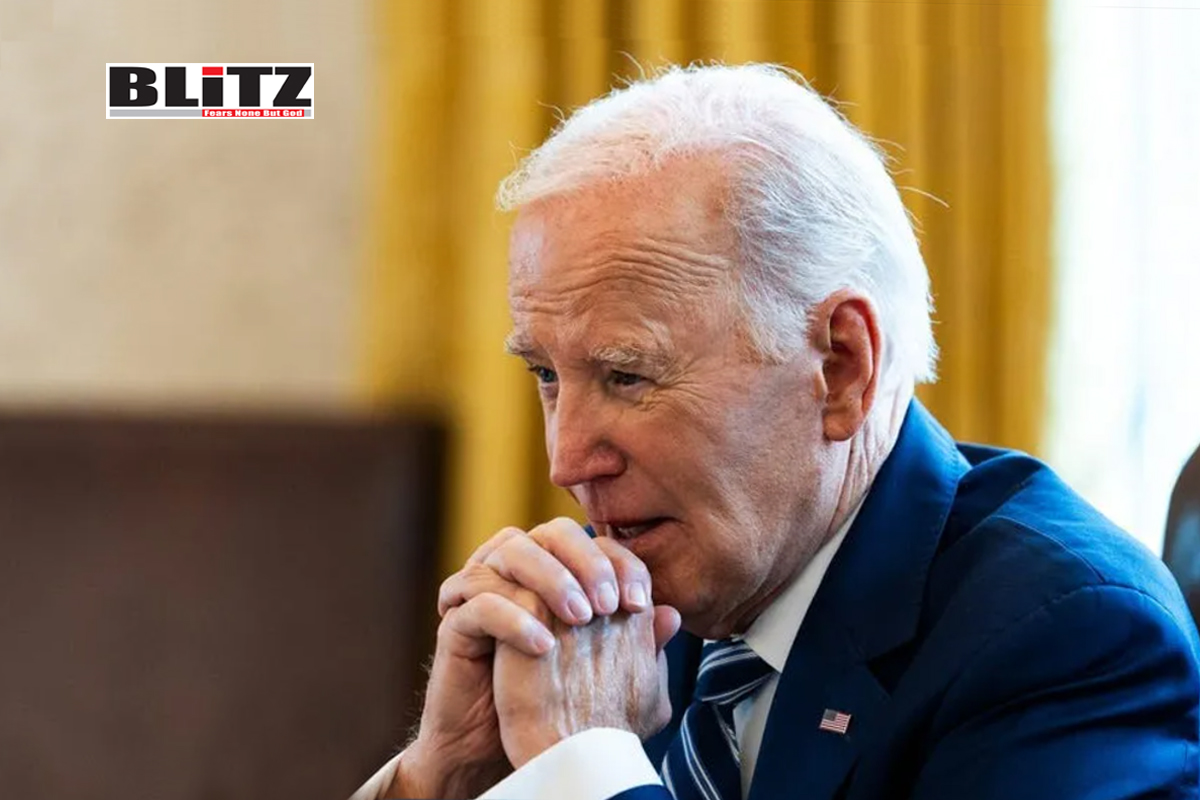
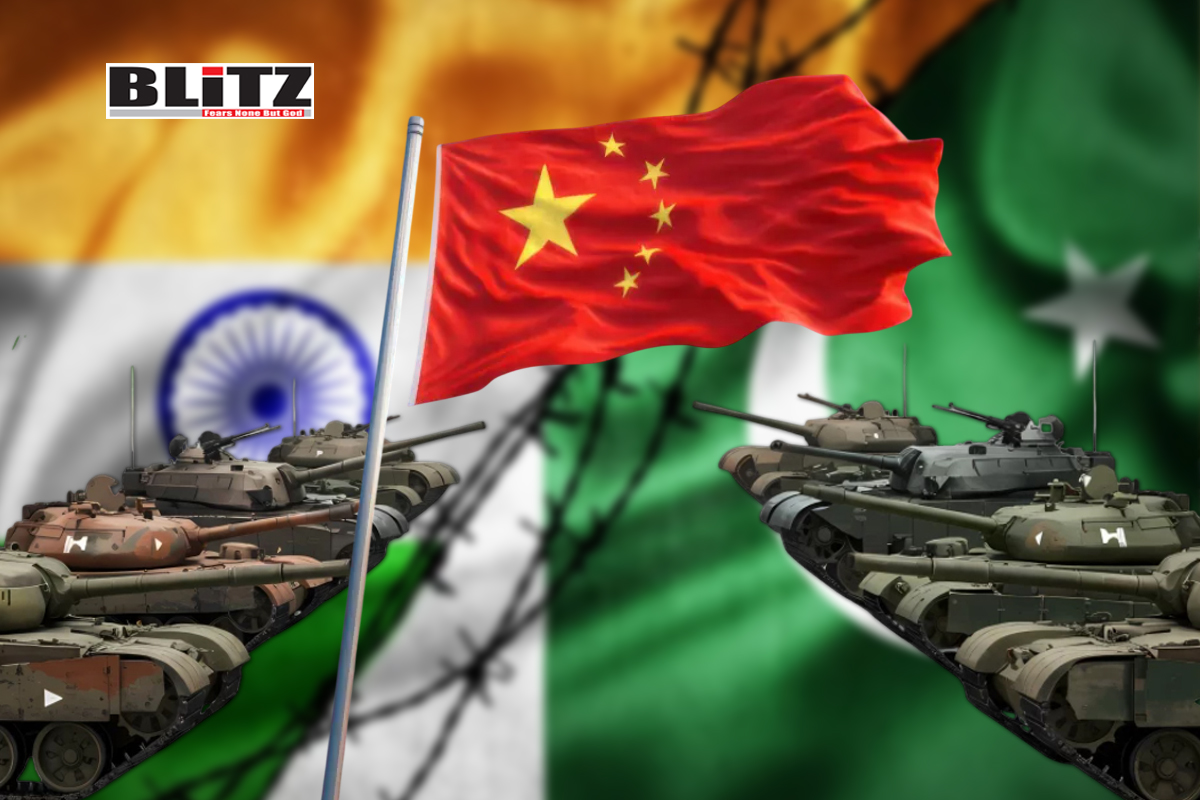
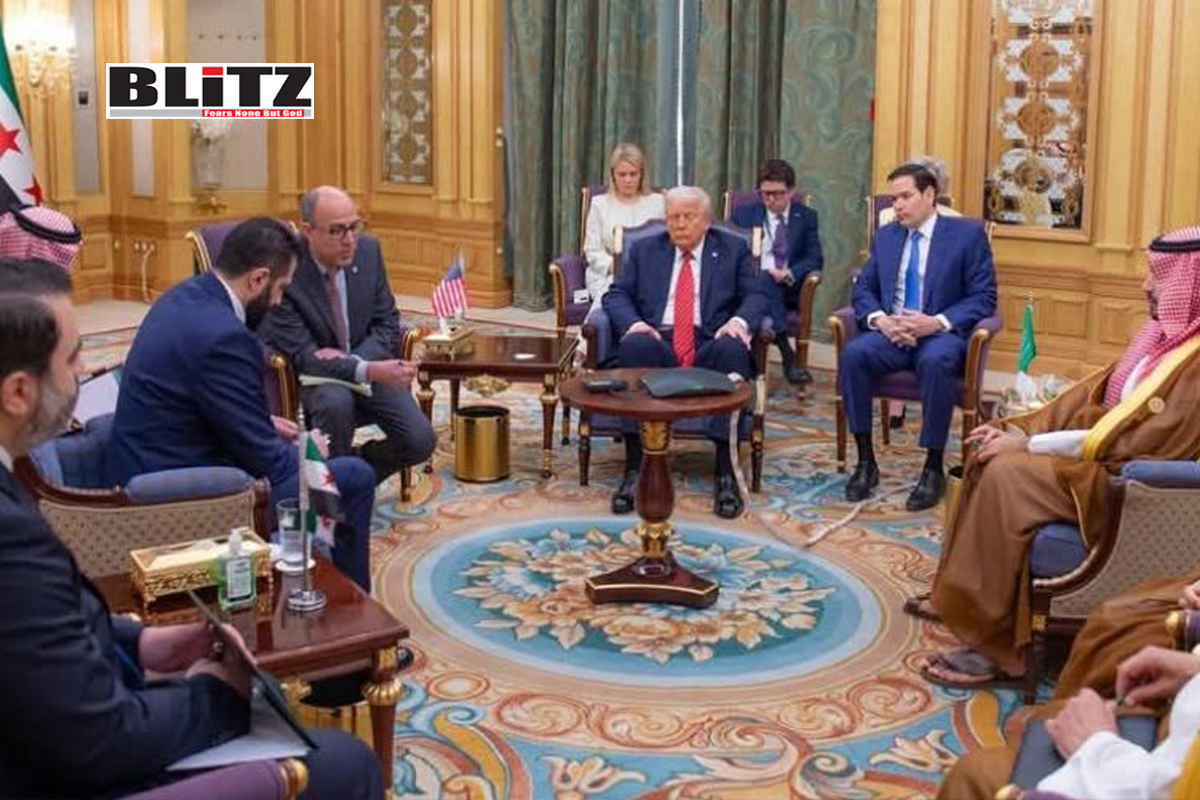
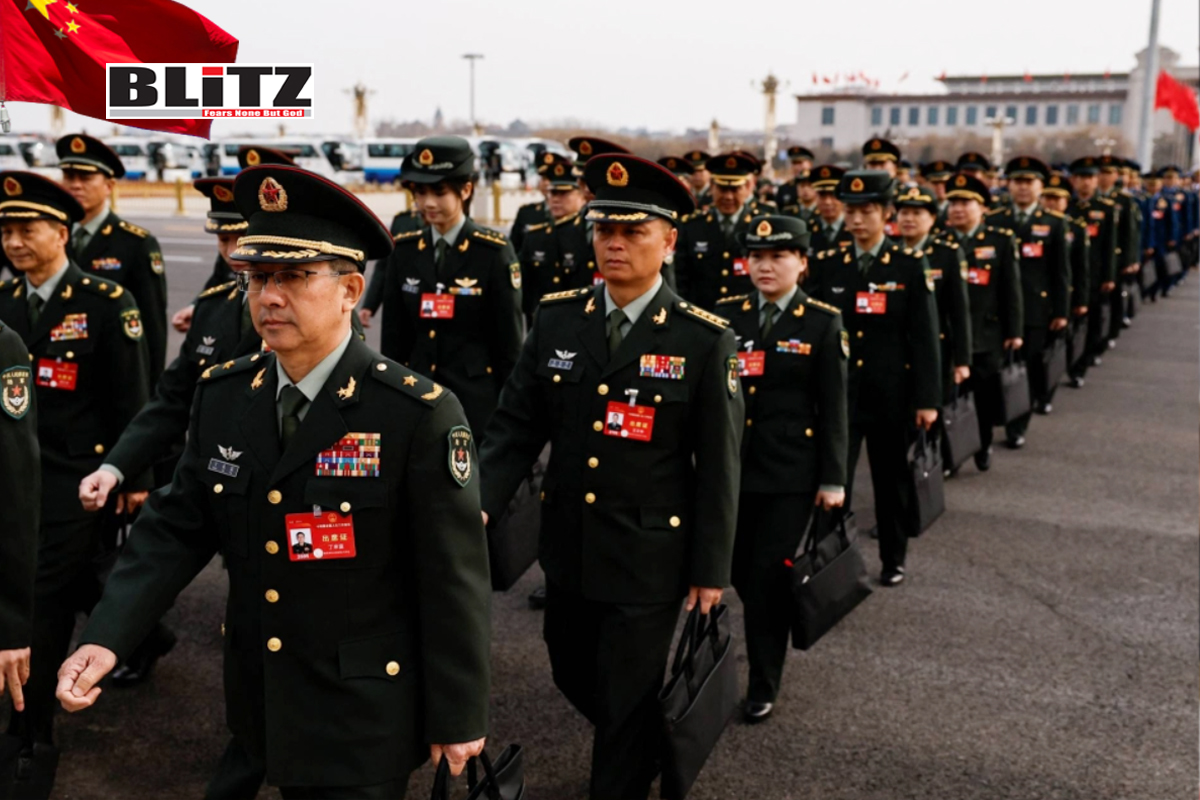
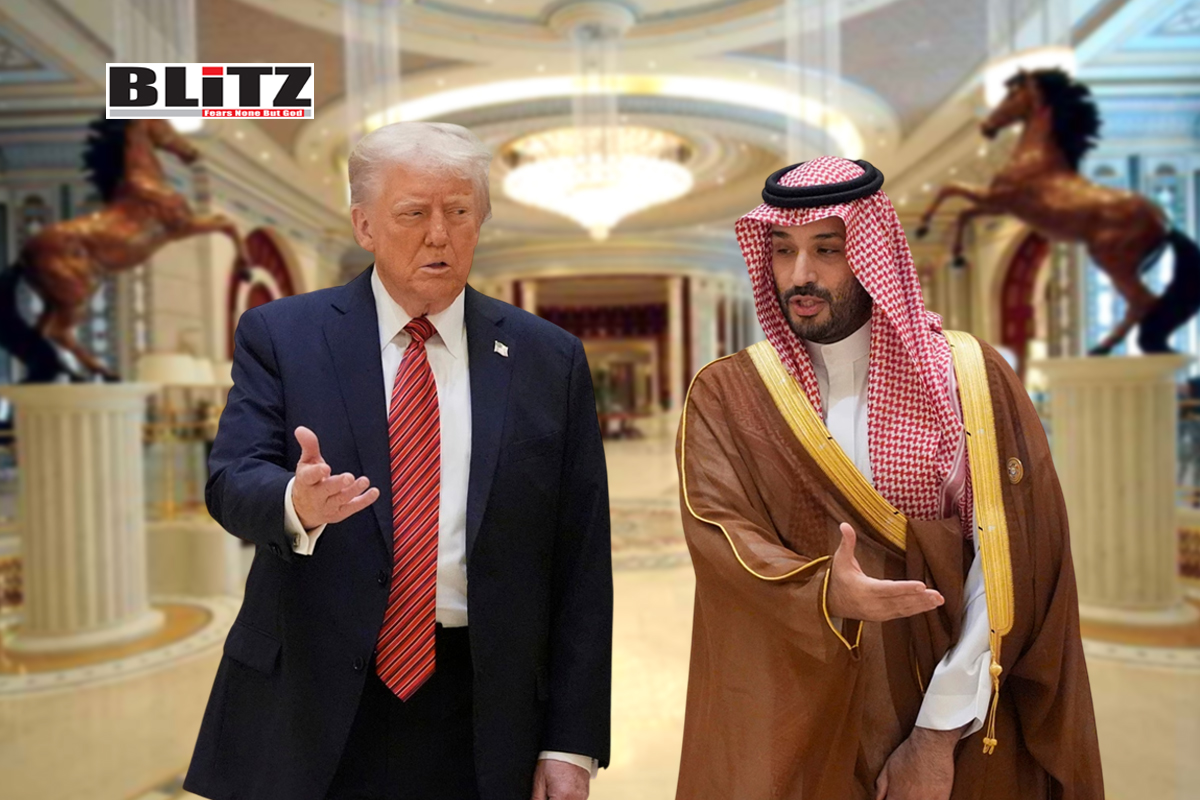
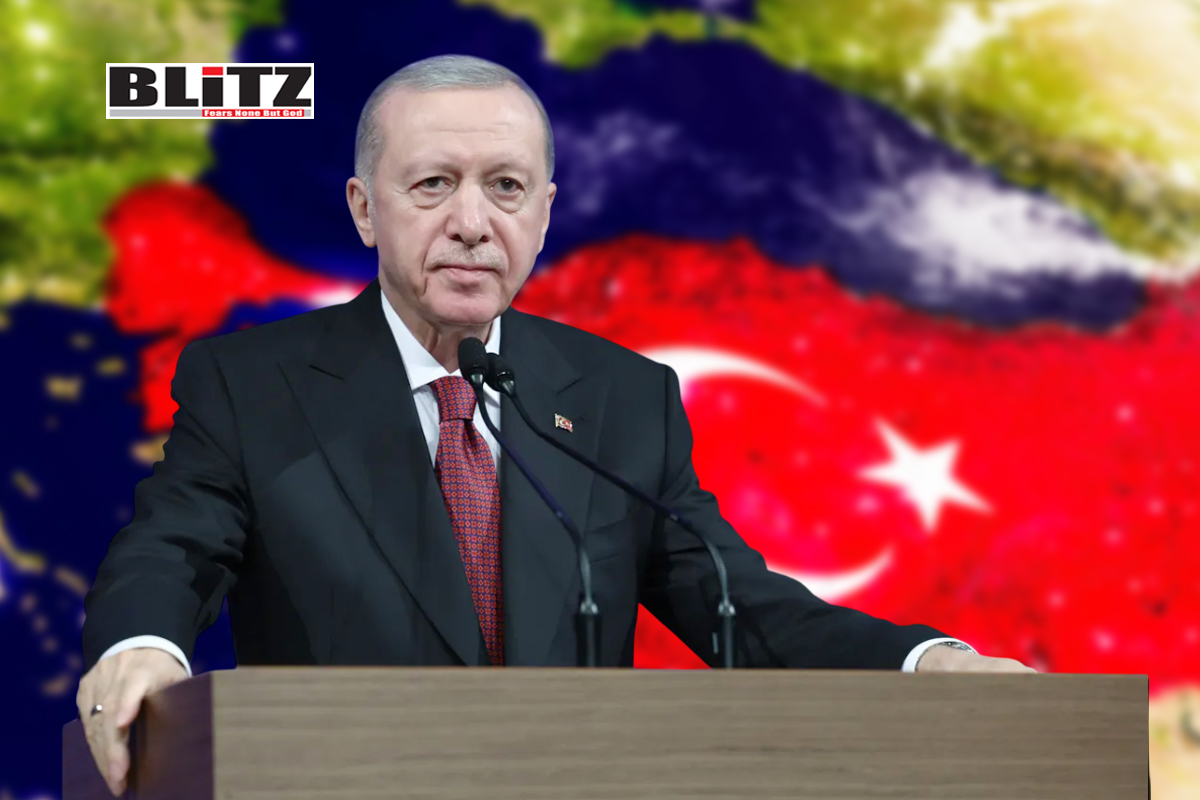
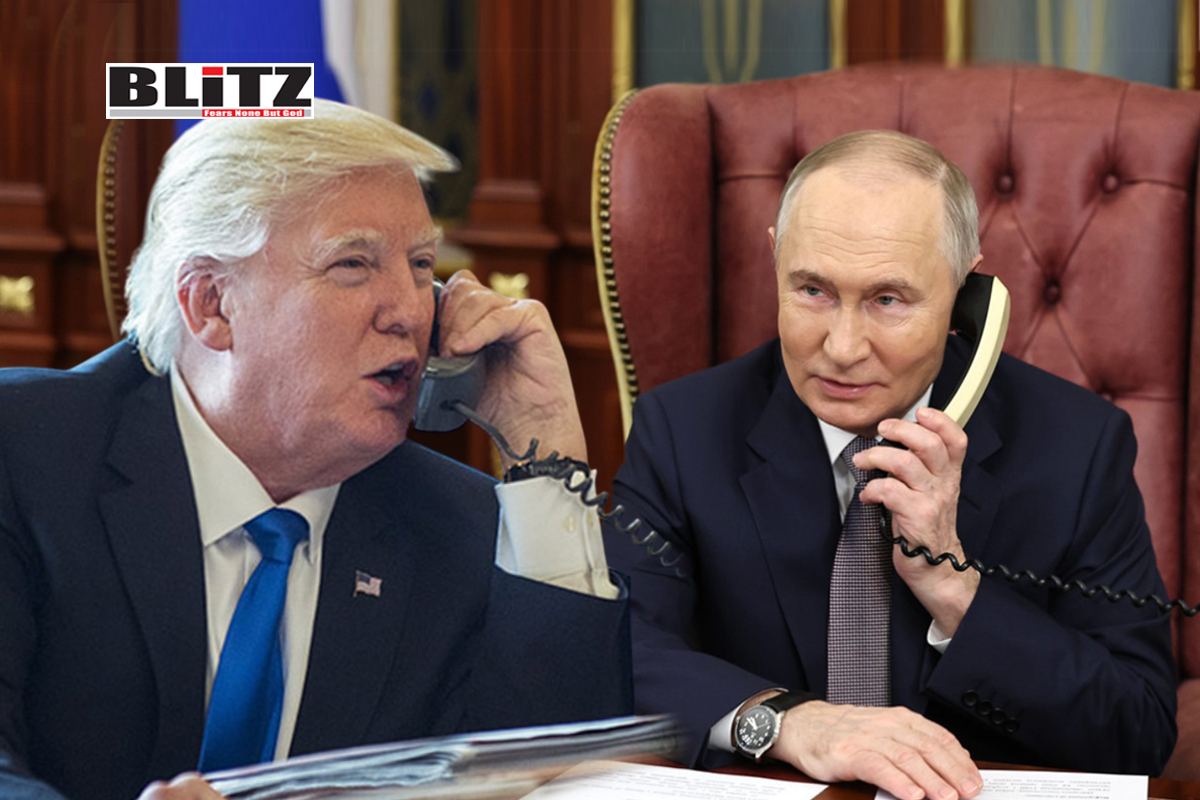
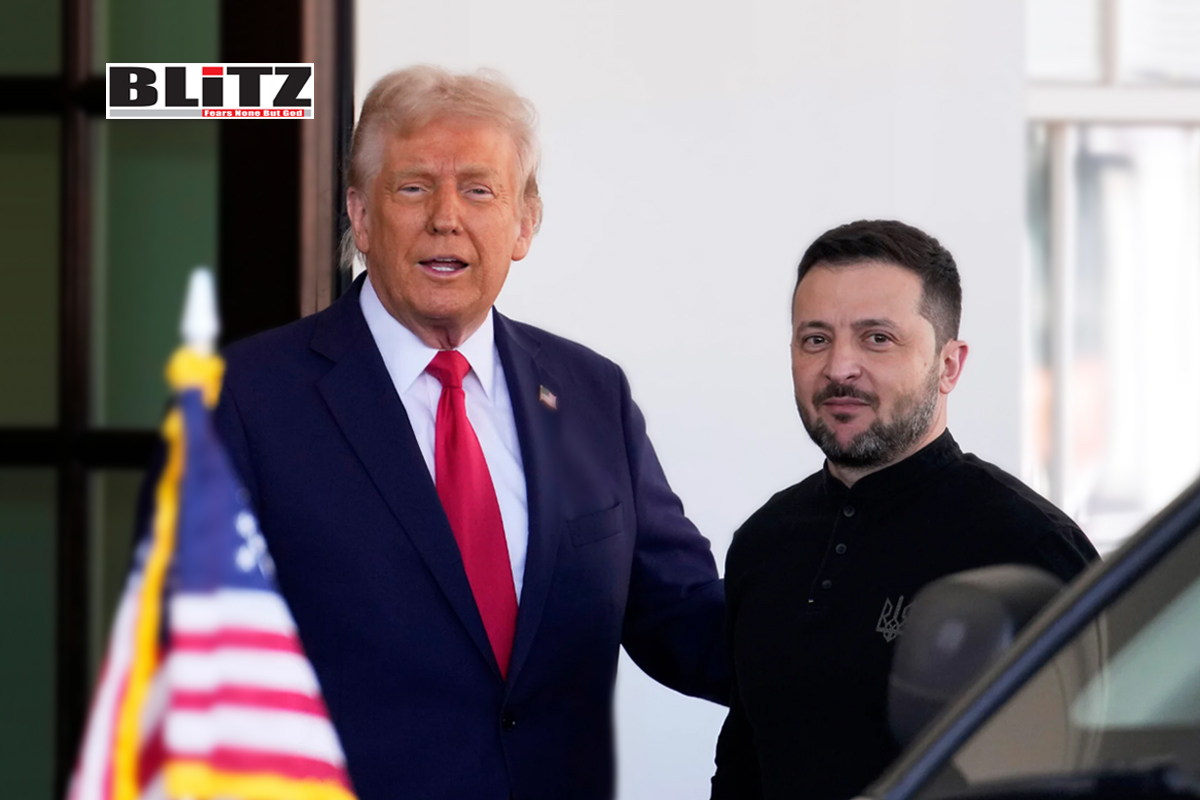
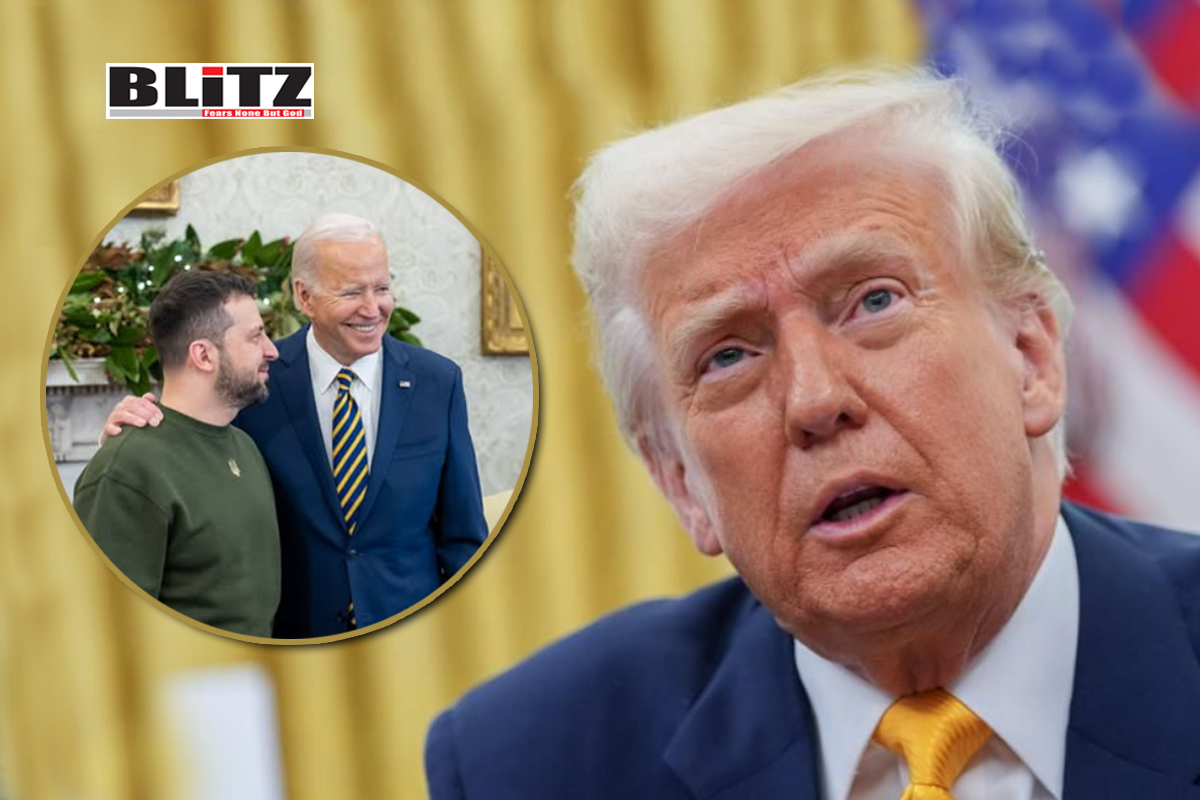
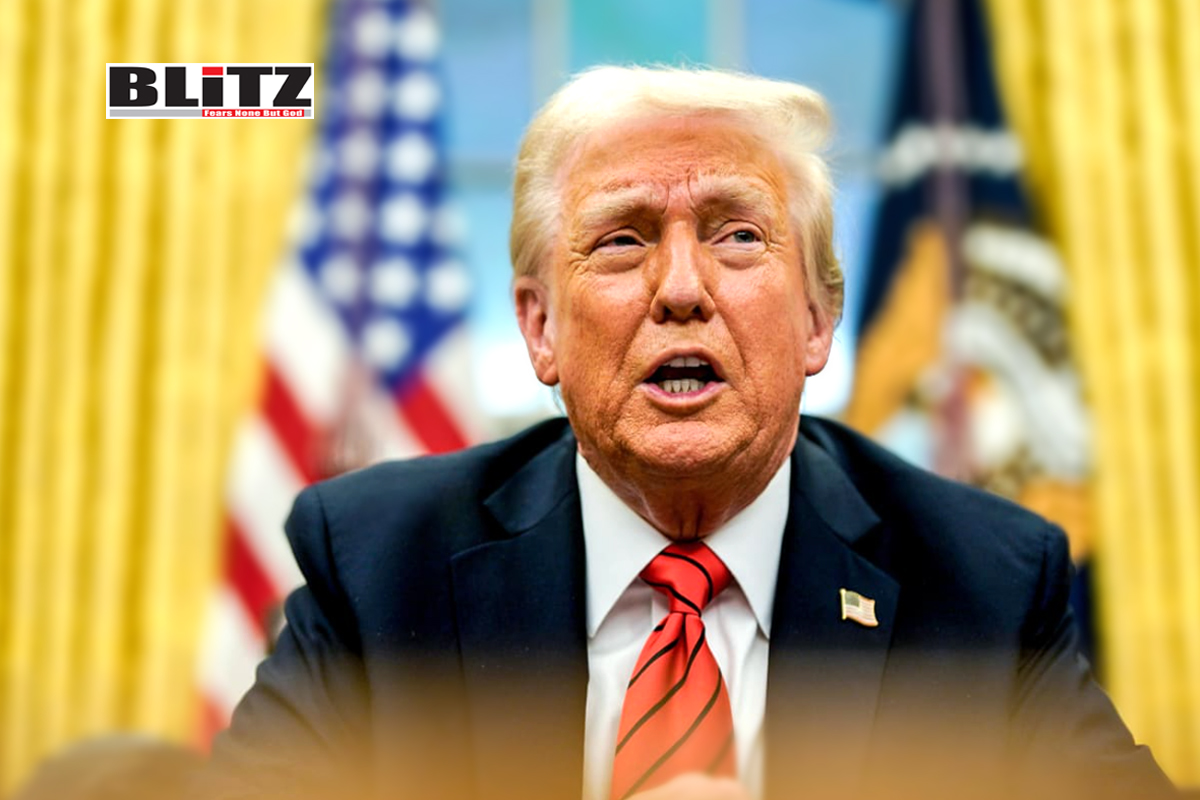
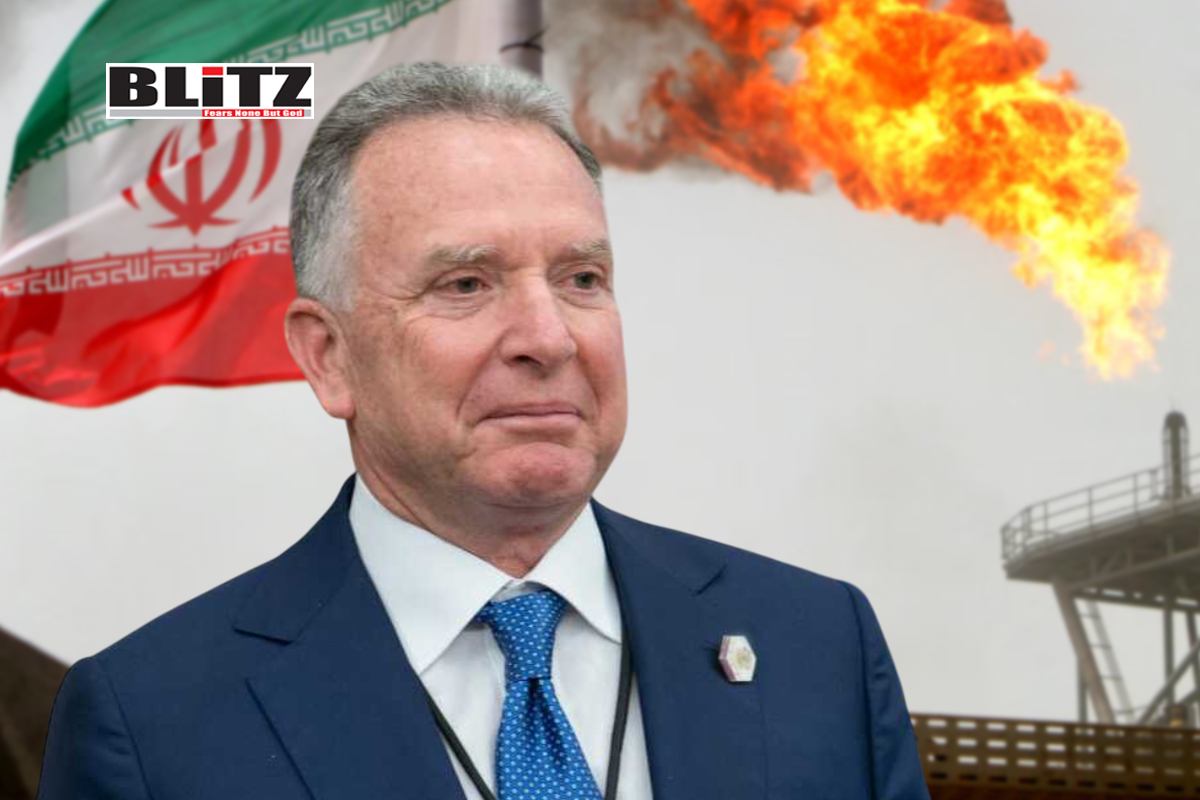
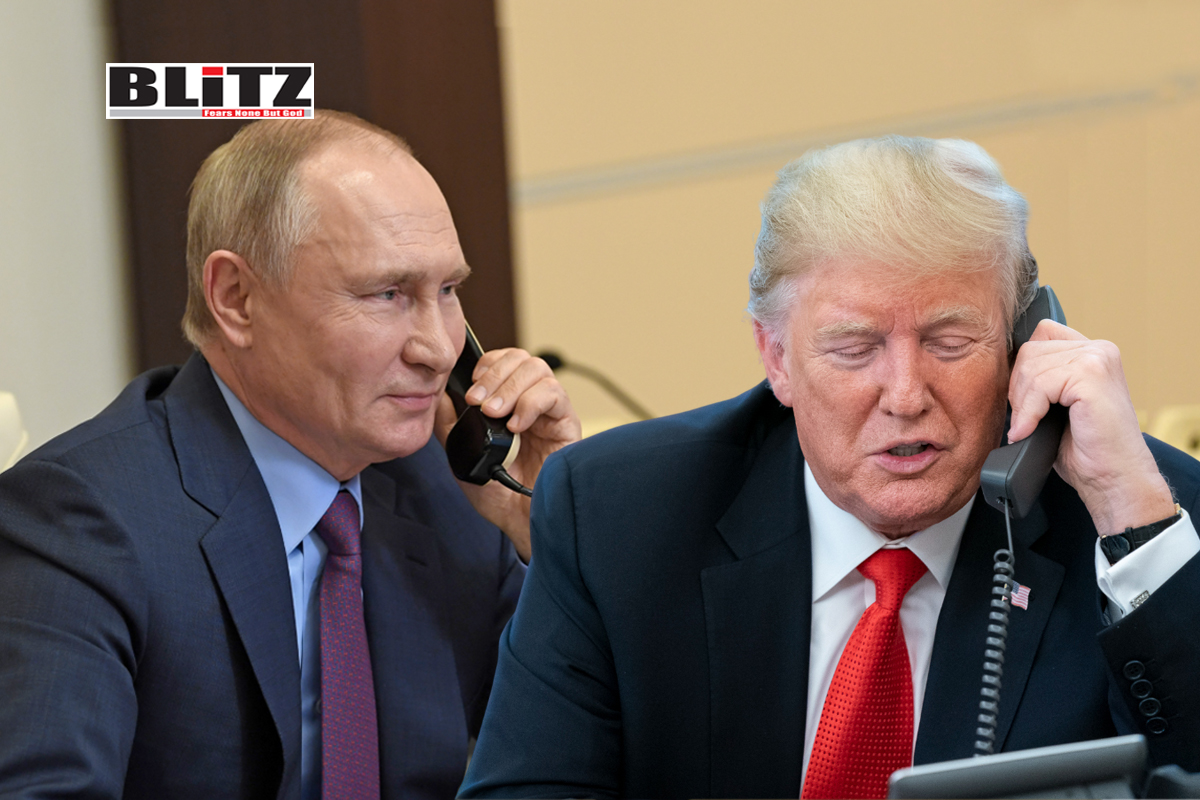
Leave a Reply